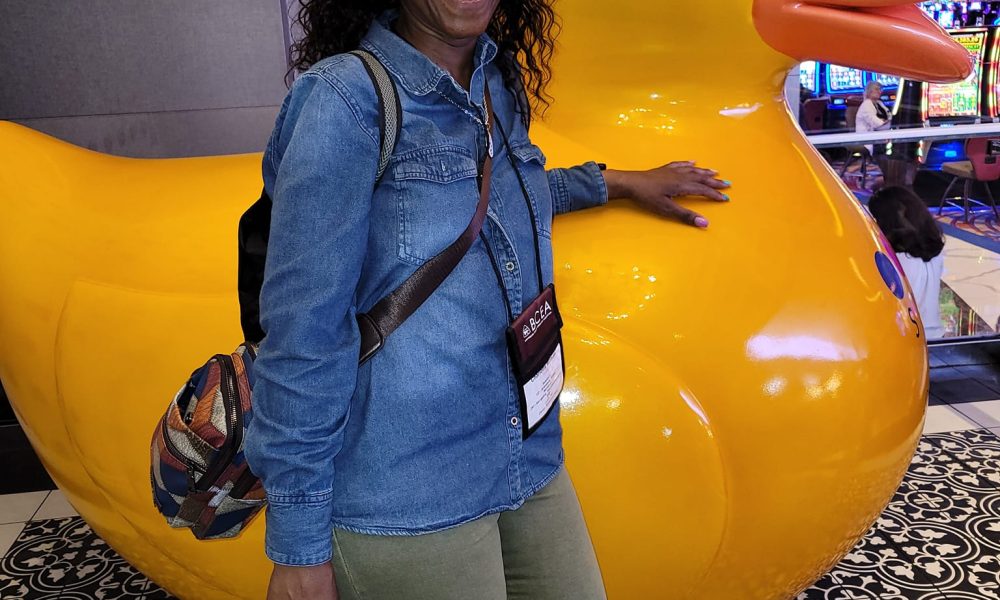If I were to think deeply about my earliest thoughts on aging, I’d recall fleeting images of a few wrinkles or walking slower. Yet, not all those images were negative. I believe our youthful thoughts about our bodies often influence how we approach aging. As I’ve journeyed through life, I’ve encountered individuals in their later years who express gratitude for the simple gift of movement and life. On the other hand, I’ve met others who are critical of their aging bodies, finding fault in the inevitable changes that come with time. For me, embracing my body after middle age has been about accepting its transformations while striving to care for it better each day. I’ve also learned the invaluable practice of self-forgiveness when I fall short of honoring my body and its incredible abilities. This journey, I’ve realized, is deeply personal yet universal—it extends far beyond the superficial act of cultivating positive thoughts about aging. It requires a deeper, more meaningful acceptance of change.
In a society that often glorifies youth and perfection, embracing our bodies as we age becomes a powerful act of self-love and defiance. Our bodies are far more than vessels; they are repositories of our experiences, reflections of our resilience, and embodiments of our unique journeys. Shifting our mindset toward body positivity and embracing aging allows us to see the beauty in every life stage rather than lamenting the passing of youth.
The cultural narrative around aging tends to focus on what we lose—youth, vitality, beauty. But I’m learning to rewrite this story. Each year, we gain so much more than we lose: wisdom, experience, and a deeper sense of self. Our bodies, much like canvases, bear the markings of our lives. The lines and curves that time creates tell stories—of love, hardship, joy, and growth. Embracing these changes means shifting from a loss-based perspective to one that values the richness of life that only time can offer.

Reshaping this narrative is crucial, especially in a world that bombards us with unrealistic standards of beauty and youth. These unattainable ideals can lead to self-criticism and dissatisfaction, particularly as we age. The truth is, beauty is not confined to a particular age or appearance. It resides in the diversity of human experience, in the scars that tell our stories, and in the way we move through the world with grace. By celebrating the uniqueness of our bodies and recognizing the beauty that comes with age, we can foster a more inclusive and compassionate perspective—not only for ourselves but for others as well. Self-Compassion and Body Positivity A significant part of embracing body positivity as we age is rooted in self-compassion. This means treating ourselves with the same kindness and understanding we would offer a dear friend. When we stand in front of the mirror, instead of zeroing in on perceived flaws, we can practice gratitude for the incredible experiences our bodies have enabled us to have. This shift in mindset, from criticism to appreciation, has a profound impact on how we feel about ourselves, how we age, and how we celebrate each stage of life. Creating a positive environment is essential to this process. Surrounding ourselves with people who uplift and support us, while engaging with media and communities that promote body positivity and age diversity, can make a world of difference. By fostering an environment that values all ages and body types, we can contribute to a culture that not only embraces aging but celebrates it. The Spiritual Journey of Aging For me, embracing my body as I age also involves my spiritual journey. As a person of faith, I find comfort in the belief that God’s grace allows us to age with dignity. The gospel reassures us that God cares deeply not just for our souls, but for our physical bodies as well. Ecclesiastes 12:1–7 beautifully depicts the honor of aging, reminding us that life is fleeting, and youth is temporary (James 4:14). Our worth does not diminish with age; instead, it becomes more profound as we move closer to fulfilling our purpose and leaving a lasting legacy for those who come after us. The Bible offers an impeccable view of aging, one that is counter to society’s obsession with youth. Proverbs 31:30 reminds us that “charm is deceptive, and beauty is fleeting,” yet a woman who fears the Lord is to be praised. This perspective highlights the importance of character and purpose over physical appearance, encouraging us to focus on what truly matters as we age. Aging with Grace and Gratitude While aging brings some inevitable physical decline, it also offers a unique opportunity to view our lives through the lens of experience, not physical appearance. We may not have control over every aspect of aging, but we are far from powerless. By embracing a mindset of self-care and gratitude, we can shift our focus from what our bodies no longer do to what they continue to enable us to experience.
Participating in physical activities, spending time with loved ones, and investing in our mental, emotional, and spiritual health allows us to live fully and intentionally. These practices empower us to create a life that is fulfilling, no matter what stage we’re in. It’s about celebrating the journey—both the highs and the lows—and recognizing that each wrinkle, each grey hair, tells the story of a life lived.
Ultimately, aging is a gift. It is an opportunity to deepen our relationship with ourselves, to cultivate self-love, and to honor the lives we’ve built. By embracing our bodies and the aging process, we can move forward with confidence, strength, and grace. We are not defined by our appearance but by the legacy we create, the lives we touch, and the joy we bring into the world. Let us embrace the journey of aging, not with fear or regret, but with gratitude, faith, and love. For it is in this journey that we truly discover the depth of our beauty, the strength of our spirit, and the purpose of our lives.













No Comment! Be the first one.